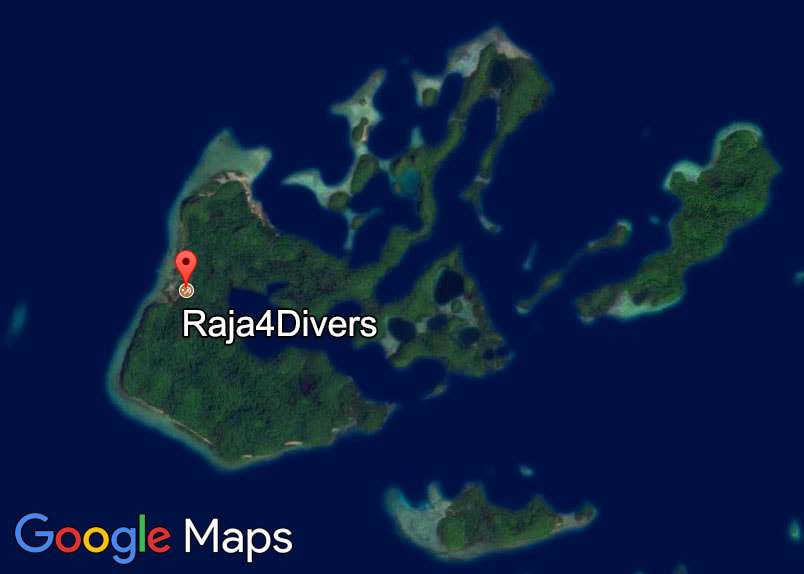|
Back home at last! I arrived in Switzerland a few days ago and am now enjoying the Swiss summer. I had almost forgotten how beautiful this country is – especially the outskirts of Zurich where I’m spending the first week. It’s green, peaceful and very clean. I live in paradise on Pulau Pef, but this is the other paradise. Sometimes you have to go away to appreciate what you have back home… What’s changed though is the way people deal with each other. Thanks to Corona, the already reserved Swiss people are now even more distant when communicating with each other. Obviously, wearing a mask or a face shield doesn’t help to create a comfortable atmosphere when you meet someone in a shop or on the street and exchange a few words. And I know it’s the right thing to do. But having spent the last four months on our island and not having to worry about distancing and wearing any kind of face protection, it does feel strange to me. The fact of not being allowed to touch anybody is also difficult to internalize. My first reaction is often to stretch out my hand for a greeting, only to realize that the other person looks at me as if I were a Martian, probably thinking: «Where has SHE been the last weeks and months???». Some of my friends still hug me – with their head turned completely away from mine, and I do the same. I want to hug them because I haven’t seen some of them for a very long time. But I do it with a bad conscience, thinking that I may be putting myself or the other person at risk. And then I start to rebel internally. What life is this now? I feel that touching and holding each other is a fundamental human right. That we need this in order to survive. That we will become extremely lonely if we are not allowed to have physical contact for a long time. Maybe, I’m romanticizing, and I know that not everybody is the same. But when travelling from Indonesia to Switzerland, I sensed that there was a feeling of suspicion in the air wherever I walked. If I happened to accidentally get close to someone, they looked at me with a slightly hostile or frightened expression. Nobody talked to each other, everybody was minding their own business and hiding behind their masks. And the worst – I felt that I was doing the same, without really wanting it. I thought it was the right thing to do. And in theory, I’m sure it is. But it doesn’t feel right. It should be physical distancing, not social distancing. They may only be words, but they make all the difference. In Switzerland, infection rates are rising again, so they are talking about reimplementing more restrictions. For how much longer? Is it going to help if what we did so far didn’t? I’m not sure. I just wish, we would stop spreading so much fear and start focusing on what we can do to strengthen our physical and psychological immune system. Please don’t get me wrong, I’m not saying «eat some vitamins and you will not get infected». But I think we should start working on our attitude and how we are dealing with this virus. It’s not going to go away for a long time, maybe never. So, we better start living with it and develop an inner strength. Make sure we keep our body and mind healthy, instead of waiting for some kind of external help in the form of a pill or vaccine. We need that too, and for people with a pre-existing health condition, it’s another story. But us «healthy» people need to take action and not let ourselves be consumed by so much fear!
The area of the world that I am currently spending my holidays in is so rich and fortunate in many ways. I realize that now more than ever because I got to know a little how people live in Indonesia. We constantly worry about everything in the western world, maybe because we have a lot to lose. In many parts of my other world, people’s daily struggle still is to get enough food and a protected place to sleep. They don’t have the luxury to worry so much as we do, and that’s why they probably consider this crisis just another like so many before. And I’m convinced it helps that they worry less. I hope we will find a way to live with this and all future crises that are bound to come, by focusing on our strength and resilience instead of letting ourselves be consumed by fear and panic. And personally, I am very motivated to make the best of my holiday and not let myself be infected by any kind of worry.
1 Comment
Last Saturday, I walked barefoot through the jungle! I never imagined that I would one day do this. And I must admit, it took me quite a bit of willpower to actually do it, but it was a great experience. We went to our dive guide’s garden again because he told us that he sometimes sees the bird of paradise there, early in the morning. Having never seen this exotic and beautiful bird live, I wanted to join. From our last visit, I knew that walking through the mud with flipflops was no option. And wearing sneakers would have meant having to throw them away afterwards, because I would never be able to clean them again. So, the best way to do it was like the Papuans – go barefoot. My colleague and I, both non-Papuans and first time barefoot-jungle-walkers, started following our dive guide who was leading us through his jungle at a very speedy pace. The ground was completely muddy and wet which made it very slippery. Sometimes, we had to wade through puddles or cross little streams. More than once, I imagined myself head down in the mud or hitting my back or head on a big root after falling backwards. And I was trying not to think of all the dangerous or yucky things and animals I could step on! At one point, our guide showed us a dead snake on the floor – very comforting… My colleague and I couldn’t quite manage to keep up with our guide as we were still watching closely where we put our feet and had to balance the slippery parts. Our guide, on the other hand, walked with confident steps as if on a soft meadow. Once in a while, he used his machete to cut his path free of dangling roots or branches. It felt a bit like Crocodile Dundee, except that our guide was not wearing this big Aussie hat. But the machete was just as impressive as Dundee’s… We didn’t see the bird of paradise, but it was a beautiful walk, nevertheless. Our dive guide pointed out many plants and trees that didn’t seem special to me at first sight. But when he started to explain what they can be used for – either food or medicine – I was impressed. It wasn’t the first time that I noticed how much knowledge about traditional medicine and healing therapies the local community has. They live very close to nature and have learnt from their ancestors about the effects of plants, roots, herbs, flowers, etc.. And this isn’t limited to Papuans. In many other areas of Indonesia, the knowledge about natural medicine is big too. People use it successfully and many a westerner is surprised to realize that it actually works, while sometimes our highly developed pills and therapies don’t seem to have a positive effect at all.
But, back to my bare feet and the jungle! We walked for almost two hours, climbing up and down hills and a beautiful little waterfall. At first, I was afraid to slip on the rocks that our guide was quickly climbing up on. But then I realized that they were not – as one would expect – sanded down by the flow of water, but still offered a firm grip. Slowly, I started trusting my feet again, feeling that they can give stability without the help of cleverly designed sneaker soles. I also realized that my balance was not the best compared to the Papuans accompanying us. Even though I have been walking barefoot through the sand a lot on Pulau Pef, I am still more used to artificial even floors and to wearing shoes than to slippery surfaces and uneven grounds full of hidden obstacles. It actually felt good to know that I can still trust my body, that it hasn’t forgotten everything about nature yet, even though I am a city girl. And when it started raining – no pouring! – I didn’t really mind. I was wet anyway, from sweat and mud alike. When we got back to the resort, I was really happy to take a shower and wash the sweat and the mud off – because one barefoot jungle stroll doesn’t make me a Papuan yet! But it was an experience I will never forget, and for that I am very grateful. Back home, calling people by their name is not very complicated. It’s either by first name, if you are acquainted, friends or family, or by last name preceded by Ms. or Mr., if you are on formal terms or in a business environment. In English, it’s often even easier – mostly first names unless the occasion is very formal or business. In Indonesia, addressing people is a whole different story and slightly more complicated – at least to a foreigner like me. As a general rule, one doesn’t call someone by his or her first name only. This would be considered disrespectful and impolite. There is always an addition before the name, such as for example Ibu or just Bu (for an elderly or respected woman) and Bapak or Pak (for an elderly or respected man). Ibu means «mother» and may also be used like «Ma’am», while Bapak translates as «father» and may be used like «Sir». The first name can be added after the address, but it can also be left out. Javanese people use Mbak (for a woman older than yourself) or Mas (for a man older than yourself) and again, the first name may be added or not. Now, that we have our dive manager’s wife and kids on the island, my female colleagues call themselves Tante + first name when talking to the children or mentioning one of their female colleagues to the kids. This is used to address someone older and respected, from the kid’s perspective, I think. For men, the equivalent would be Om + first name. I learned that even family members don’t usually address each other by first names, but more often by using Mbak or Mas, especially if the person is older. For siblings, they may use Kakak or just Kak to address an older sibling and Adik or Ade to address a younger sibling. Are you still following? There's more! I only recently found out that Papuans who are related are not allowed to call each other by their first names. When addressing a family member, they use various terms that, to be honest, I didn’t quite understand and am not able to remember. It seems a lot more complicated with Papuans than with other Indonesians, as soon as family relations are involved. I was told this rule also exists out of respect for the family and seems to be a longstanding tradition. So, the closer you are connected, the more formal you become? Or do they express a certain tenderness by using these terms instead of an official first name? I haven’t really been able to find out yet.
When I first came to work in Indonesia, my colleagues at the office asked me if it was ok for them to call me Ibu Monika, because they didn’t feel comfortable just calling me by my first name. In the beginning, I didn’t understand the full meaning of Ibu. I thought it was only used for old women and felt a little surprised that they would think of me as so old (and - let's face it - to realize that I was surrounded by colleagues so much younger than me!). But then I found out that Ibu is much more about respect than age and quickly got used to being called like this. By now, it almost feels strange when one of my Indonesian colleagues calls me just Monika around here. It is actually very handy to address people by these terms, especially if you don’t remember someone’s name. I suggest we find equivalents in our culture as well. It would save me from embarrassing myself again and again at some of these birthday parties that I’m invited to every year and always dread the moment of standing in front of a person that I only see once a year and who’s name I am completely unable to recall at this very moment… I have visited a few local Papuan villages since I came to work in Indonesia and was always amazed by the simple life people lead there. But these villages seem almost luxurious to what I experienced last Sunday - a whole new world! I was invited to join Maya to visit one of our dive guides who had gone back to his family just before the lockdown and had been living most of the time ‘at his garden’, as they call it here. We wanted to let him know that we would like him to come back to work at the resort now. As we couldn’t reach him by phone or text message, Maya decided to pay him a visit. When we found the little bay this garden is located in, far away from any other house, let alone a village, we first had to climb over rocky limestones and walk through a swampy ground to get to the place. I don’t really know what to call what they have there. I wouldn’t call them shacks, but rather three small elevated platforms with a roof that they sleep, cook and eat in. We were greeted by our dive guide, his wife and little daughter, as well as two other women and two kids. And a couple of dogs, as is common around here. I must admit, I was a little shocked to see how they lived there. I did expect it to be very simple, but not that simple. Our dive guide showed us around. There was a big and beautiful garden, growing a large variety of vegetables. He also showed us the various trees – palm trees and others – as well as different wild plants and explained what they can be used for. This was interesting and new to me, as I basically only knew coconuts to be of use to humans. He went on to show us their ‘mandi’ – a water hole in the ground with more or less fresh water. It’s the jungle, I know, and life is very simple, but to actually see this simple life felt strange. We were wondering why they hadn't built their huts a little further back where the ground was less swampy and smelly. And why they didn't place a few wodden boards across the swampy ground to facilitate the access from the water to the huts. I know they don't have money for complicated constructions, but these things seemed feasable with what the jungles provides for free. It's probably western reasoning which is based on our tendency to think about the future a lot - the opposite of what the local population lives by. It doesn’t seem important to them to live on a dry ground and have easy access from the sea. I guess they don't spend a lot of time thinking about this, as we would. When we came back to the resort, I started wondering how it must feel for our dive guide or any of our other local employees to live and work at the resort, where everything is tidy and well organized. Do they enjoy having a dry room to sleep in and a clean mandi to take a shower when they live here? Or do they not care as much as I do, having grown up in super clean Switzerland and attaching a big importance to these things? Do they think we exaggerate with our - in their eyes maybe unnecessary - standards? I don’t know and I am hesitant to ask them because I don’t want them to feel judged. Maybe, they simply don’t waste time thinking about these things. It's like two different worlds and they probably accept both of them the way they are.
When we were at the garden, I also wondered what these kids were dreaming of. Food for sure, because the supply with rice from their village was very scarce, as we only found out later. They more or less had vegetables, coconuts and fish, that’s it. If we had known before, we would have brought them some food and I would have added a little chocolate or some other kind of sweet, just to give them a treat. I felt sorry for these children and would have liked to spoil them a little. But then again, they are not used to eating sweets on a regular basis as we are, so maybe they don’t miss it. What else might they dream of or look forward to? There is not much distraction in their daily routine at the garden. No school, no other friends to meet. Not even a church to go to on Sundays, which in a village normally is the highlight of the week for most people. Do they mind? I don’t know. Maybe, they are looking forward to going back to their village to have the little bit of village distraction again. But maybe, they don’t waste time thinking about these things either because they didn’t grow up to have high expectations of life. The eternal question crossed my mind: should we help them achieve a ‘better’ life? No, because what we think to be ‘better’ doesn’t necessarily have to feel better for them. I doubt they would want a different life, because they have no comparison to other life forms like many of us do. I recently did an exercise with my English students at the resort, asking them to write down their dreams and plans for the future. Whether they wanted to go back to school or learn something new after working for Raja4Divers. Most of them had a hard time finding an answer, because I think nobody ever asked them this question. So, they never thought about it before. By giving them a job and an education, we allow them to support their families and sometimes their whole village. What they do with it, is up to them. Live and let live. When I was younger, happiness often seemed something that I didn’t have yet at a particular moment. I thought that I would be happy once I had achieved this or that, lost those 3 kilos, passed that exam, got a boyfriend again or managed to find a new job. Sometimes, I forgot to live in the moment because I was so concerned about what I first needed to get or achieve in order to be fully happy. Don’t get me wrong, I had a wonderful life, family and friends and I actually WAS happy. I just thought there could be more. I have very high expectations of myself and the people surrounding me which is why I was often aiming for more than I had (and sometimes still do…). And to a certain extent, this can be positive as it pushes me to always give the best I can. But on the other hand, nobody can ever achieve perfection. And if happiness is only perceived in combination with perfection, you have a problem. Happiness is a very individual thing. From a western point of view, it seems connected to the circumstances you live in, whether you have enough to eat, are healthy and have a safe place to sleep. If your physiological needs and safety are not satisfied, then covering these basic needs probably already means happiness to you. But if you are further up on Maslow’s hierarchy of needs, you aim for higher satisfaction and self-fulfillment to achieve happiness. You look at people around you in our rich world and think they have more and must therefore be happier. So, you think you need to have that too in order to be happy. And I’m not only talking about material things. You may think all your friend’s relationships are happier or their kids are better behaved and cause less trouble. Social media plays a big part in this, where we all try to show only the best of ourselves and our families. When I came to Indonesia, one of the first things that struck me was how happy the people here seemed to be. They were constantly joking and laughing and seemed to be having a blast. I learned that they and their families sometimes live a very simple life. But they live in the moment and don’t worry about tomorrow or about getting more out of life. Which is probably also why many of them didn’t seem to have a big problem with earning substantially less now that the resort is closed. So what? There have always been ups and downs in their lives and they would get through this crisis as well.
Lockdowns and strict regulations seem to have bothered the population of the western world a lot more that over here. Freedom of movement is something we consider very important to our happiness, which is why people were/are unhappy to have to stay home. None of the people I know in western countries were faced with existential problems – at least not yet. And yet, many seemed a lot more stressed and unhappy than my local work colleagues who are happy to still have a job and enough to eat. Which leads me to think that happiness is only partly dependent on external factors and more on your inner attitude. Probably also on your genes and the values you were given from your family. It’s the «glass is half full or half empty» question that comes to my mind. Obviously, we cannot always make ourselves think positively. There are personal tragedies that happen to all of us and may make the glass look half empty for quite a while. But I’m talking about the general attitude that you can adopt if you choose to. I had to learn to do that, and I still am. You may think that living in paradise contributes a lot to being happy. It does, I agree. But you can also be unhappy here, and I wouldn’t deny that there are moments when I feel sad. But I generally believe (and always have) that things will turn out well, which does add to feeling happy. There still are things I would like to change or wish I had more of, but most of the times I manage to remind myself that I don’t really need them. I left my comfort zone when I came here and had to cut back on monetary goals quite drastically, but it’s enough for now and I try not to worry too much about the future. Something will come up after this adventure for sure. Happiness is also based on peace of mind, and I think I currently have that. So, I’m happy. And I hope all of you out there too! |
#TalkingWithMangrovesI never even dreamt of working on a remote island in Indonesia, but life has a way of taking care of itself… Archives
May 2021
|
LocationPulau Pef - Raja Ampat - Indonesia
|
Follow Us
Our Office in SorongJl. Gagak No.7 B, Km 7 Gunung, RT.001 RW.002
Kelurahan Malengkedi, Remu Utara PO Box No.130 Sorong 98416 – Papua Barat - Indonesia Phone +62 (0)811 485 7711 |
Rates and information are subject to change without notice. Terms and Conditions apply. All rights reserved.
Imagery is copyrighted and may not be used without express permission and written consent.
Images and videos of the following photographers / videographers were used for this website:
Barbara Moll, Claudia Peyer, Pere Rubio, Thomas Haider, Filip Staes, Christian Kaufmann, Dos Winkel, Duri Mayer, Jürgen Freund,
Daniel Brinckmann, Amanda Künzle, Joram Zimmermann, Ramon Sibold, Roman Keller, Barbara & Markus Aichinger, Fabienne Hadorn, Andreas Hadorn,
Armin Keller, Marcel Rudolph, Sabrina Inderbitzi, Peter Löseke
© 2024
Imagery is copyrighted and may not be used without express permission and written consent.
Images and videos of the following photographers / videographers were used for this website:
Barbara Moll, Claudia Peyer, Pere Rubio, Thomas Haider, Filip Staes, Christian Kaufmann, Dos Winkel, Duri Mayer, Jürgen Freund,
Daniel Brinckmann, Amanda Künzle, Joram Zimmermann, Ramon Sibold, Roman Keller, Barbara & Markus Aichinger, Fabienne Hadorn, Andreas Hadorn,
Armin Keller, Marcel Rudolph, Sabrina Inderbitzi, Peter Löseke
© 2024

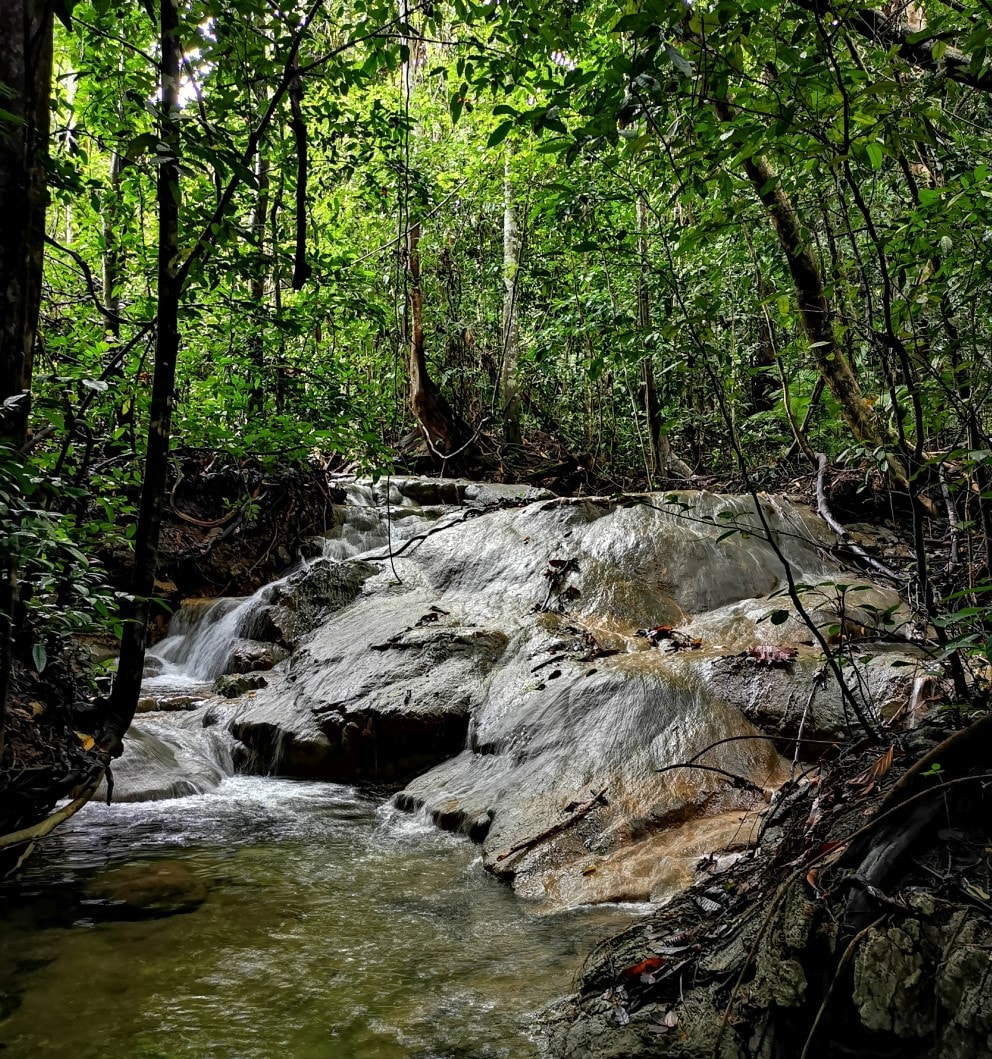
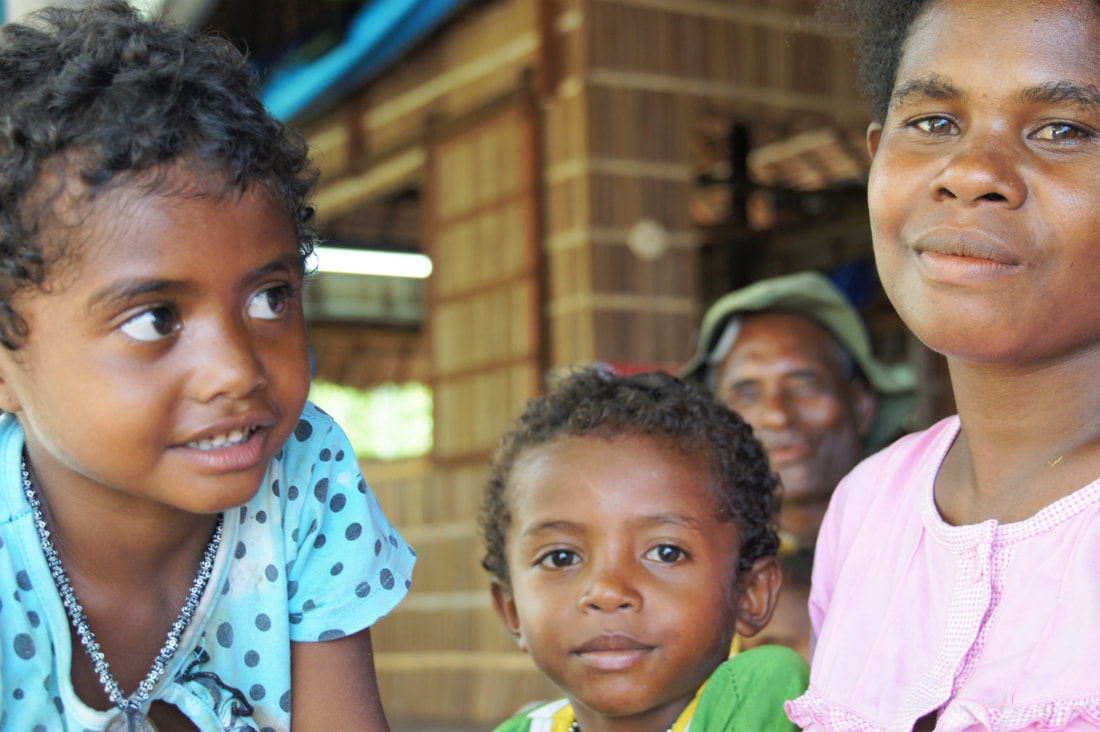
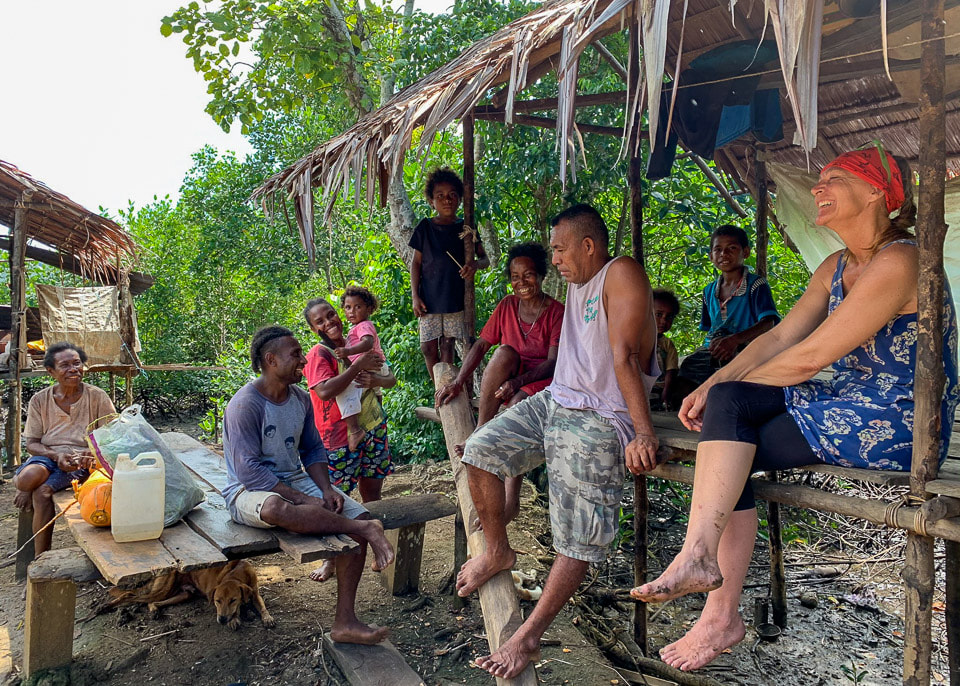
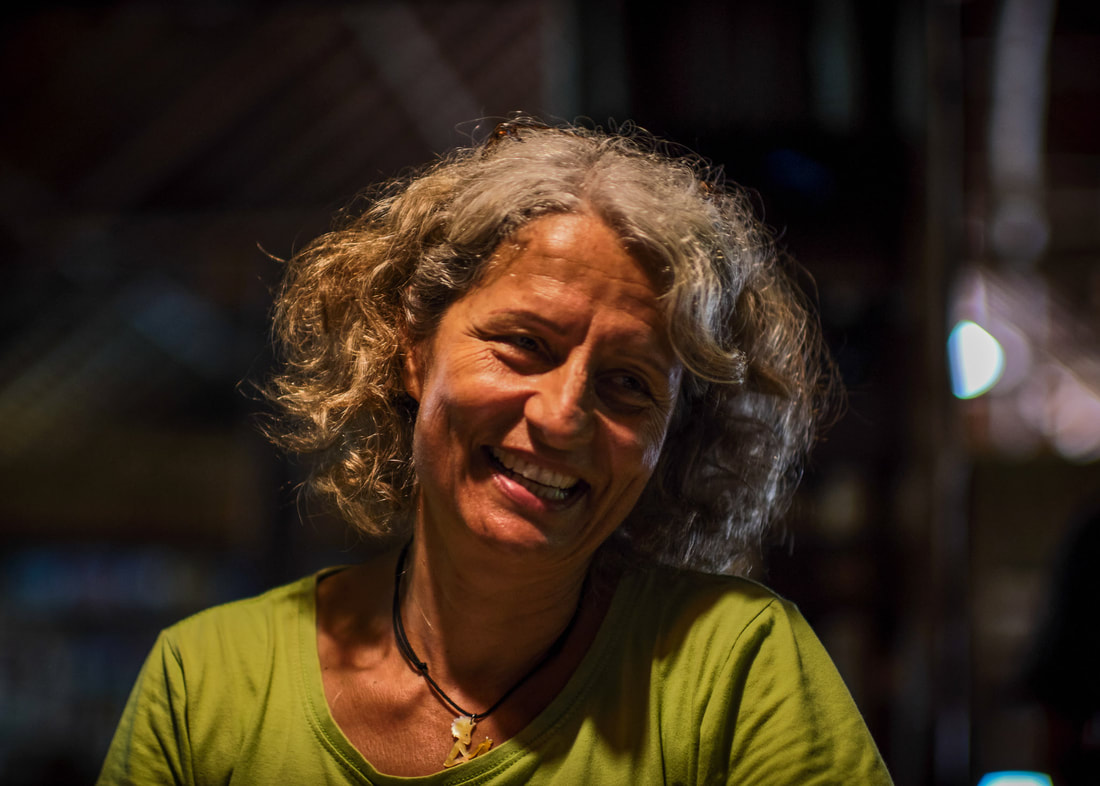
 RSS Feed
RSS Feed

